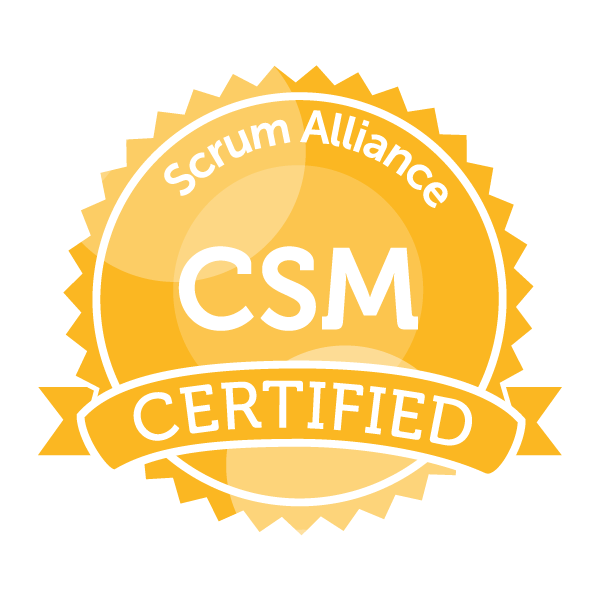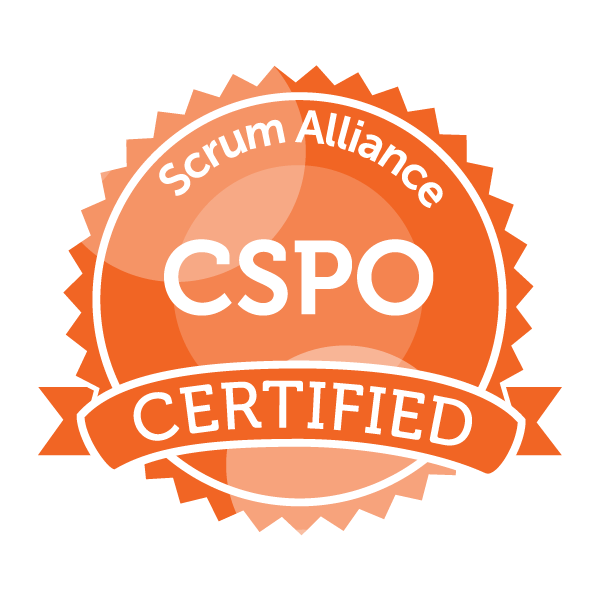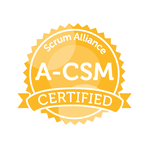 Are you interested in becoming a Scrum Master but don't know where to begin? You've come to the right place. In this blog post, we'll be exploring the role of a Scrum Master and what it entails. We'll also discuss the common challenges faced by Scrum Masters, the qualities needed to be a successful Scrum Master, and the benefits of having a Scrum Master on a team. Finally, we'll explore the difference between a Scrum Master and a Project Manager. By the end of this post, you'll have a clear understanding of what it takes to be a successful Scrum Master.
What is a Scrum Master? If you're new to the concept of Scrum, then you may be wondering what a Scrum Master is. In simple terms, a Scrum Master is a facilitator and coach who helps a team develop and use the Scrum framework. The Scrum Master is responsible for the overall success of the team and the projects they are working on, and for ensuring that the team sticks to the Scrum framework. The Scrum Master is responsible for making sure the team understands the Scrum framework and how to use it. They are also responsible for helping the team communicate effectively, resolving conflicts that may arise, and ensuring that the team is focused on the goals they have set out to achieve. The Scrum Master also serves as a liaison between the team and the product owner. The product owner is the person responsible for the product roadmap and setting the goals for the product. The Scrum Master is responsible for helping the product owner understand the team's progress, as well as helping the team understand the product owner's expectations. What are the Key Responsibilities of a Scrum Master? Now that we know what a Scrum Master is, let's take a look at the key responsibilities of a Scrum Master. The primary responsibility of a Scrum Master is to ensure that the team follows the Scrum framework. This includes ensuring that the team is adhering to the Scrum principles, such as holding regular sprints and retrospectives, and that the team is delivering according to the sprint goals. If the team is new to Scrum, the Scrum Master may assist the team by leading and facilitating the daily stand-up meetings, as well as ensuring that the team is following the Scrum definitions of done and is able to complete their sprints on time. The Scrum Master is also responsible for helping the team to identify and address any issues or impediments they may be facing. This could be anything from addressing a lack of communication between team members, to helping the team identify any technical or organizational issues they may be facing. In addition, the Scrum Master encourages the team to continuously improve their processes and helps them identify areas where they can improve their performance. This may include introducing new tools or techniques that could help the team work more efficiently. Common Challenges Faced by Scrum Masters Being a Scrum Master is not without its challenges. There are a few common challenges that Scrum Masters often face, such as:
Tips for Becoming a Successful Scrum Master If you want to become a successful Scrum Master, there are a few tips you should keep in mind:
Qualities Needed to be a Successful Scrum Master In addition to the tips above, there are certain qualities that a successful Scrum Master should possess:
What are the Benefits of Having a Scrum Master on a Team? Having a Scrum Master on a team can be incredibly beneficial. Here are some of the benefits of having a Scrum Master on a team:
What is the Difference Between a Scrum Master and a Project Manager? Many people confuse a Scrum Master and a Project Manager. While the two roles do have some similarities, there are some key differences. A Project Manager’s focus is on the project. They are typically responsible for managing the project timeline, budget, and resources. They are also responsible for ensuring that the project is on track and that the team is meeting the goals set out by the product owner. A Scrum Master, on the other hand, focuses on the team. They are responsible for ensuring that the team is following the Scrum framework and that the team is meeting the sprint goals. The Scrum Master is also responsible for helping the team to understand the Scrum framework and how to use it, as well as helping the team to identify and address any issues or impediments they may be facing. Conclusion By now, you should have a clear understanding of the role of a Scrum Master, their key responsibilities, and the qualities needed to be a successful Scrum Master. You should also have a better understanding of the difference between a Scrum Master and a Project Manager. If you're interested in becoming a Scrum Master, we recommend signing up for a Certified Scrum Master workshop or checking out one of our webinars or other learning events. Good luck on your journey to becoming a successful Scrum Master! Comments are closed.
|
|
MAILING ADDRESS : APMI1630 A 30th Street #510 Boulder, CO 80301-1014
[email protected] | 425.985.4344 |
|
© COPYRIGHT 2022, ADVANCED PROJECT MANAGEMENT, INC. ALL RIGHTS RESERVED.

 RSS Feed
RSS Feed




